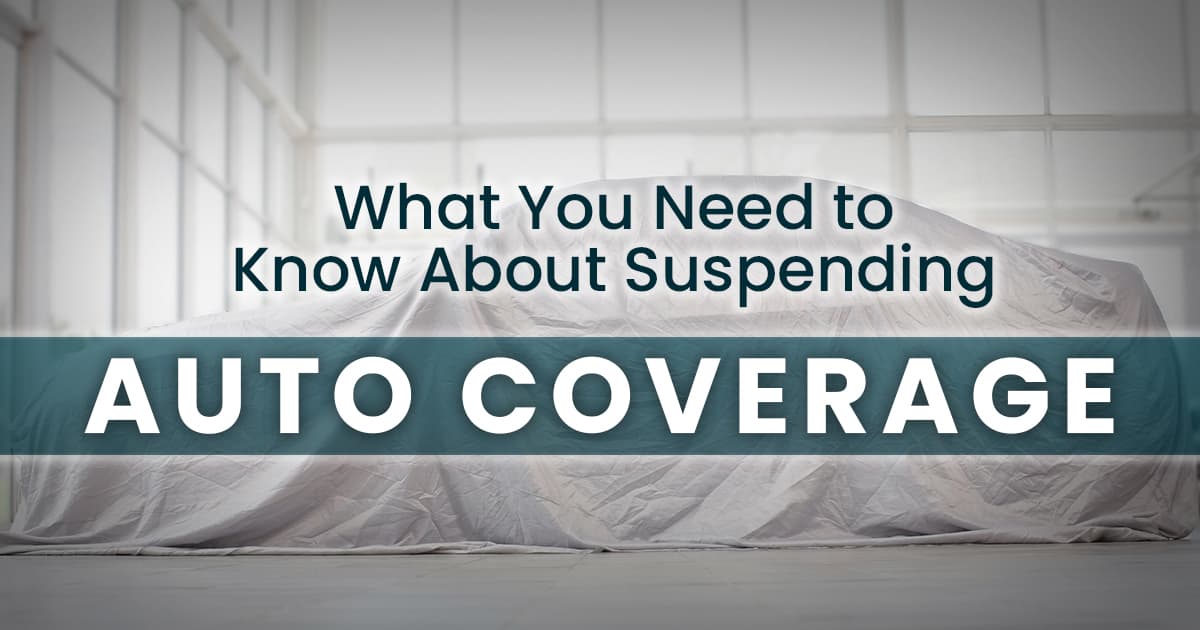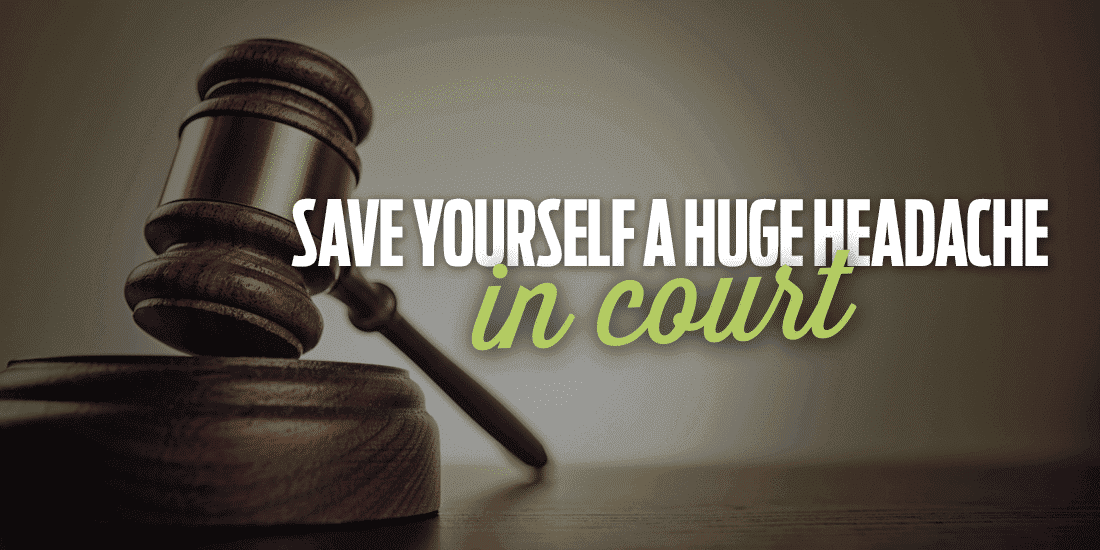
What You Need to Know About Suspending Auto Coverage
July 16, 2023
Share:
If you are planning to head out to Spain for a 6-month or longer vacation, you probably don’t need your car. Consequently, you probably won’t need your insurance, either. Is there a way to suspend or pause your auto coverage so that you don’t have to spend money on insurance during a time when you, well, don’t need coverage?
The bottom line is this: most standard auto insurance providers do not permit temporary suspension of insurance, but they may permit temporary reduction of coverage, such as if you store one of your vehicles away for winter and suspend the liability/collision coverage and maintain solely your comprehensive portion until it’s ready to be driven again. However, before you can do this, you’ll be required to provide two Ontario Policy Change Forms. These are OPCF 16 and OPCF 17, respectively. If these are used correctly, you may be able to temporarily pause your insurance and reinstate it when you need to drive your vehicle again.
What are the advantages of using the OPCF 16 & OPCF 17 forms?
Auto insurance is a mandatory cost, so long as you have a car and you drive it. If you are not driving your vehicle or not driving your vehicle as much, you’ll still require some amount of insurance – even if it’s not on public roadways and in storage. Limiting your insurance coverage to a “comprehensive-only” form is referred to sometimes as seasonal or storage insurance, i.e., the insurance that stays on even while your vehicle is not being driven to protect it from various forms of harm. This includes:
- Fire
- Theft
- Vandalism
- Falling objects
- Storms
- Hail
While you’ll still have to pay for the comprehensive form of insurance, it’s a lot less than you’d have to pay if you kept driving your vehicle and were paying for all your regular insurance coverage(s). Here are some advantages to using the OPCF 16 and OPCF 17 forms:
- You don’t have to pay the same as you would for a full, standard policy
- You don’t have to go without insurance for a time (as gaps in your insurance history may increase your rates when you try to get insured again)
- You can easily reinstate your coverage to where your vehicle is driveable again
- Your car will still have protection if something happens to it while in storage
Why shouldn’t I just cancel my auto insurance?
If you’re absolutely certain your car will be fine in storage, you might be wondering: isn’t it cheaper to just cancel my auto insurance altogether? Especially if you’re working-from-home now or you plan to go on a long trip away from home where you won’t be needing a vehicle – doesn’t it make sense just to save that extra few hundred bucks?
Because there are plenty of downsides to cancelling your auto insurance. For one, if you ever plan to drive your car again, you’ll now have a gap in your insurance history. That can put off a lot of potential insurers and discourage them from ever working with you again, which can make it difficult to get insured and/or make your rates much higher than you’d probably like. As such, it can cost you more money than you’d save for when you need to get insured again.
If you are travelling but you plan to use rental cars, you wouldn’t have your own insurance to cover the rental vehicle. Most standard providers offer an endorsement to extend to rental vehicles, but in this situation, you would have to purchase the rental company’s insurance – which can be expensive and oftentimes limited in coverage.
You also won’t be able to drive again unless you get your car reinsured properly. You would be driving illegally and, if you get caught, you could face some serious fines.
If you never plan to drive again, absolutely – cancelling is fine. This is an ideal scenario for a retiree who might be finding it difficult to drive or someone who is moving into a retirement/nursing home and has no need for a vehicle. At that point, it makes much more sense to cancel. But if you’re younger and your “no driving” situation is likely to only be temporary, it’s best to simply reduce your coverage rather than cancel outright.
What are some reasons someone would put their insurance on hold?
With a lot of people now working from home as more of a permanent situation following the pandemic, there’s become a reduced need for driving to work everyday. Without a commute, do you still need your vehicle? After all, not driving can save you a lot – especially when you consider the savings in fuel (which seems to be ever-increasing) and the maintenance costs, and so forth. You might want to suspend your insurance for the following reasons:
- You have a seasonal vehicle that you want to store
- You have suffered a serious injury and cannot drive while you are recovering
- You plan to travel for an extended period of time
- You have multiple vehicles and want to remove the less used one from your policy
- Your driver’s license has been suspended temporarily
- Your vehicle needs serious repairs and cannot be driven
Having basic insurance is better than having none, in the end. Maintaining a continuous insurance history is your best bet for locking in rates, and potentially benefiting from loyalty discounts – even if you need to reduce your insurance from time-to-time for external reasons.
Talk to an Excalibur Defender about the potential of acquiring OPCF 16 and OPCF 17 to reduce your insurance coverage while your vehicle is temporarily not-in-use. We can walk you through the benefits of maintaining coverage, even during a period where your car is stored away.






